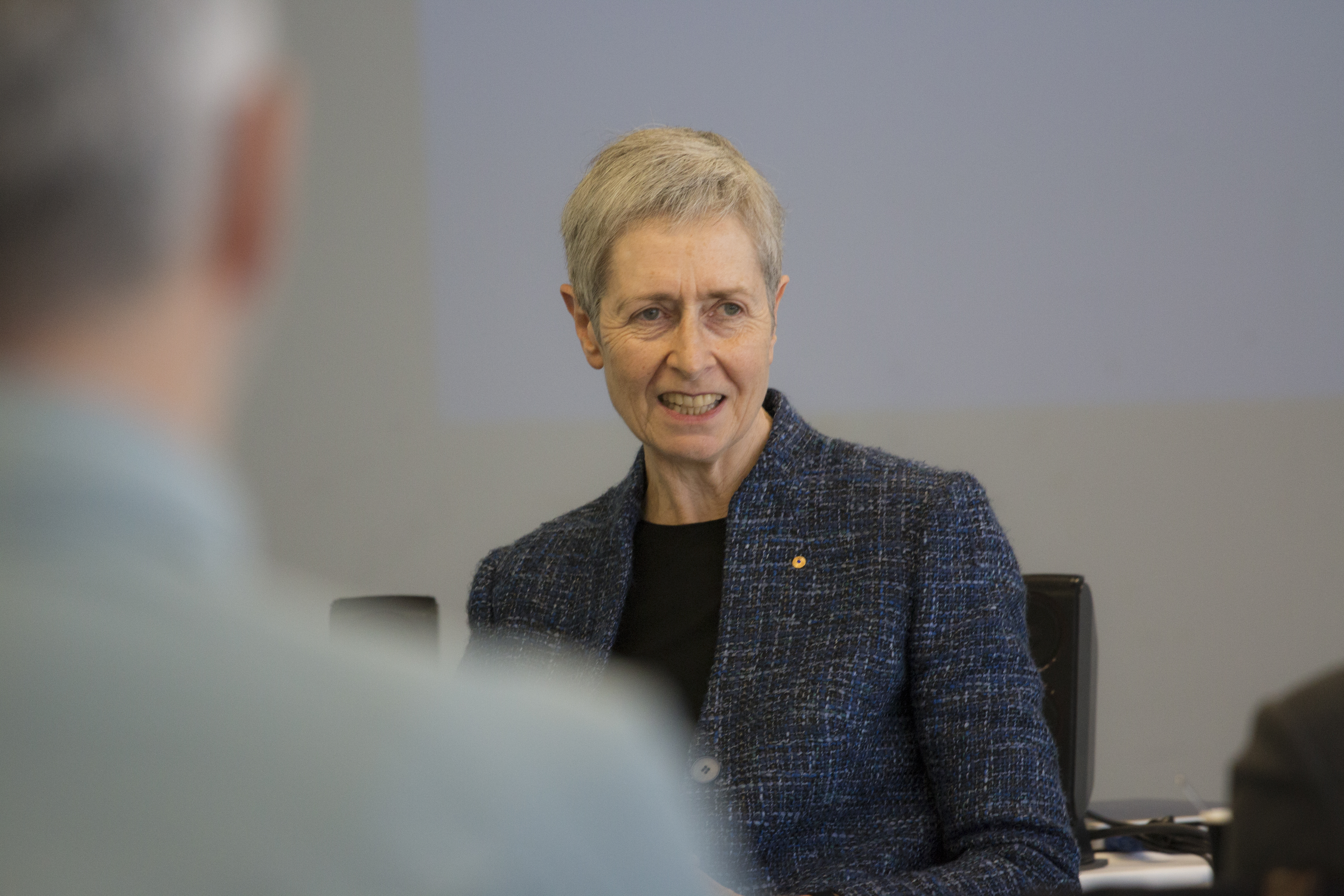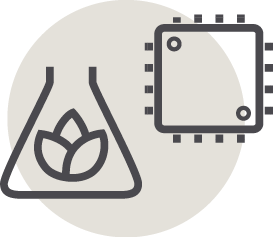The eagerly awaited changes to the NHMRC’s grant program have been announced this morning. As Research Australia and many others in our sector have advocated for, they are a combination of elements from the models proposed in the consultation paper issued in the middle of last year. Importantly, these changes reflect much of the advice provided to the review panel from the sector.
Research Australia welcomes the reforms announced and notes that there is never ‘a perfect solution’ but that these changes are a positive step in the right direction and address key issues flagged by the sector. Research Australia also commends the efforts of the NHMRC CEO Anne Kelso AO and the Expert Advisory Group chaired by Professor Steve Wesselingh.
The stated aims of the changes are to:
- Encourage research that is more creative and innovative
- Provide opportunities for Australia’s best health and medical researchers at all career stages, and
- Minimise the burden on researchers in preparing and reviewing grant applications, allowing them to spend more time on research.







